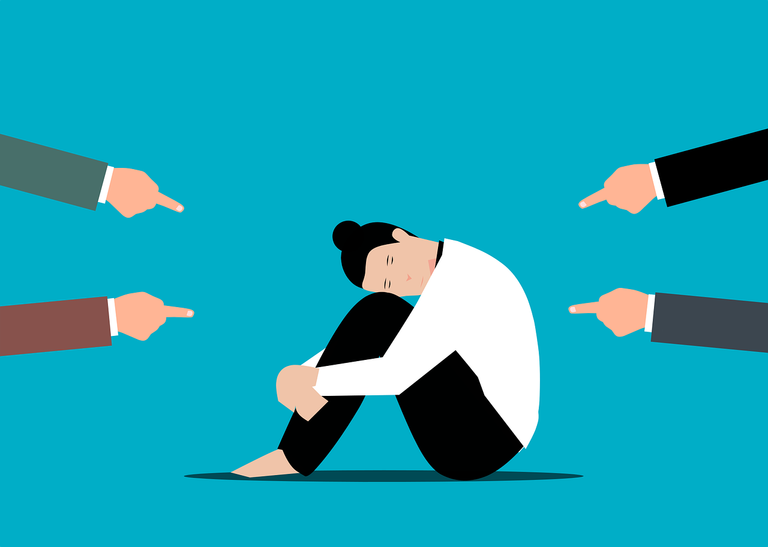The Weight of Guilt
Guilt is an experience all people know from their own lives. It's an uncomfortable sensation we feel in our body when we know we're responsible for something wrong. Guilt serves one purpose – it reminds us when we've wronged others and gives us a chance to correct our behavior and grow. However, guilt can become unhealthy if not addressed, causing serious problems. It's important to know how to handle guilt because it's not always beneficial.
Guilt is a product of human thinking and emotions. It marks a higher stage in human consciousness, based on our ability to reflect on ourselves and identify with others. When a person breaks their own moral code, they feel guilt as a sign that they may harm others or their self-image. Guilt may push people to make amends. Constant thinking about guilt is painful and rarely helpful. The goal is for a person to become more mindful and change their behavior.
Common Causes
Guilt often follows experiences like:
- Offending or upsetting someone, on purpose or by accident
- Letting people down
- Betraying trust
- Failing to meet obligations
- Breaking cultural rules
- Surviving a disaster when others didn't
Guilt can also occur without a trigger when we keep thinking about something we did, right or wrong.
The Many Faces of Guilt
Some guilt is worse than others. Guilt isn't just a mild or occasional feeling of regret; it can be a constant burden. Three key factors shape how we experience guilt:
- Accountability – How involved were we in what happened? People with more responsibilities often feel more guilty.
- Voluntariness - Did we purposely do something harmful? Intentional actions tend to cause more guilt.
- Consequences – How severe was the harm? More harm usually leads to more guilt.
The amount of guilt we feel also depends on what meaning we give to the experience, or what we assume about ourselves afterward.

Mohammed Hassan
When Guilt Becomes Destructive
Guilt can be positive in small doses, motivating us to uphold our values. But when guilt is out of control and irrational, it can destroy self-esteem and lead to shame. Destructive guilt often involves:
- Constant negative thoughts and self-blame
- Judging our whole self-worth based on one mistake
- Inability to move on and obsessing over fixing the mistake
- Harsh self-punishment
This kind of guilt takes over a person's life, making everything seem worthless. It's often toxic and needs professional help.
To use guilt for personal growth, we must handle it consciously. Useful strategies include:
- Take appropriate responsibility – understand what's really your fault without blaming yourself too much or defensively blaming others.
- Apologize and make amends if possible – say sorry and try to fix what your mistake caused.
- Be kind to yourself – find ways to reduce negative self-talk and adopt more positive beliefs about who you are.
- Looking back at what has happened – apply that knowledge to future choices to be made.
- Remember your values – recall your sense of purpose and meaning.
- Reflect on regret and self-blame – find closure or seek help through thinking, therapy, or other practices.
Self-regret will likely remain part of human emotions as long as we have a concept of wrongdoing. When handled well, guilt can promote moral and personal growth as we face life's challenges. Replacing toxic guilt with compassionate responsibility helps us become better individuals and create the same opportunity for others. May we remember this truth as we consider that, after all, we are all human.
Posted Using InLeo Alpha
